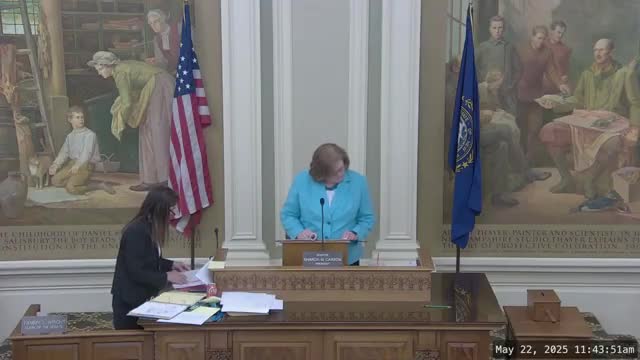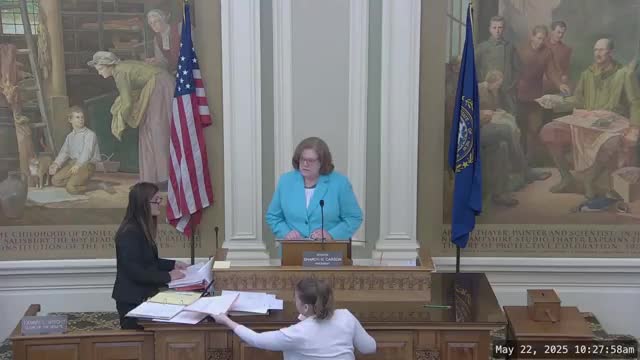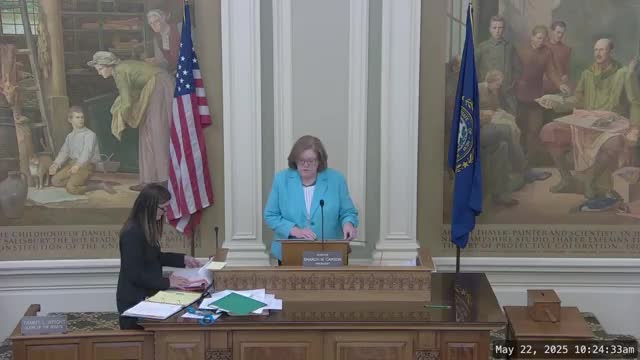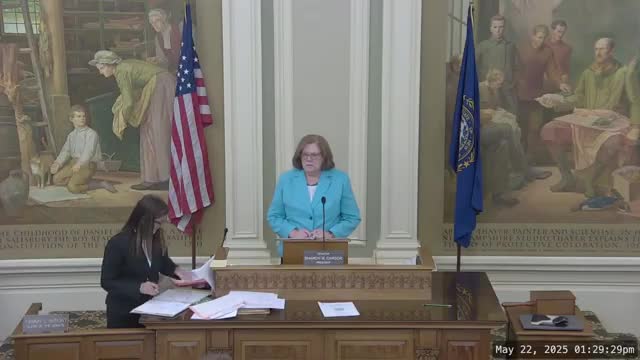Article not found
This article is no longer available. But don't worry—we've gathered other articles that discuss the same topic.

Senate OKs framework allowing utilities to pursue advanced nuclear and multi'year power agreements, with guardrails

Senate rejects committee'recommendation and advances bill on parental notice for youth risk behavior survey

Votes at a glance: key Senate floor actions on May 20, 2025

